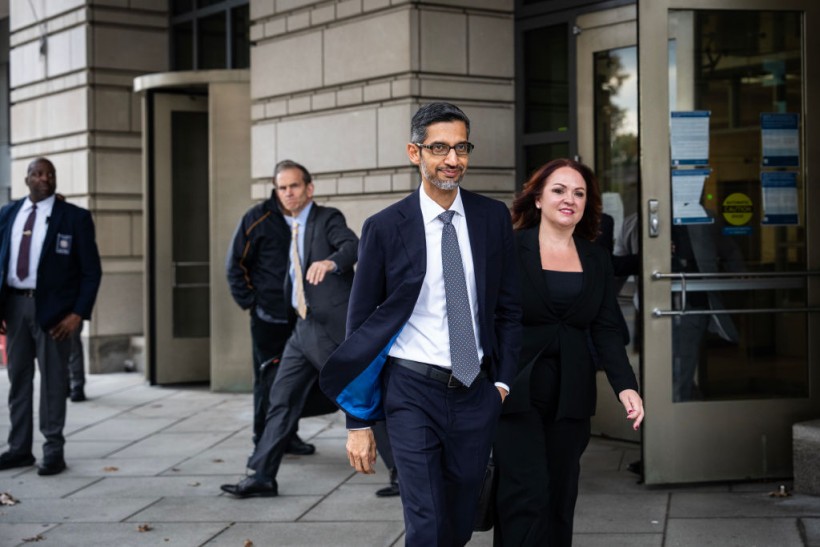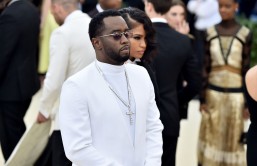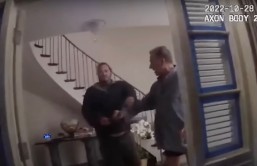A judge reportedly suggested Google was "negligent" for not preserving internal online chats that the U.S. government alleges were deleted to help maintain the company's dominance over internet searches.
Near the close of the high-stakes Google antitrust trial, the Department of Justice (DOJ) sought sanctions against the company for instructing its workers to turn off their chat history when discussing sensitive subjects, even after government filed suit, Ars Technica reported Friday.

(Photo : Drew Angerer/Getty Images)
DOJ lawyer Kenneth Dintzer reportedly said the move should lead to a conclusion that Google had an "anti-competitive intent to hide information because they knew they were violating antitrust law."
U.S. District Judge Amit Mehta said the company's "document retention policy leaves a lot to be desired" and asked a Google lawyer whether it was at least "negligent" to have left employees in charge of deciding what records should be saved, Ars Technica noted.
Google lawyer Colette Connor disagreed, arguing that the DOJ should have known about the policy because the company told Texas' attorney general about it.
Connor also said there's no proof any of the potentially hundreds of thousand of deleted chat sessions would have affected the case.
"We just want to know what we don't know," Mehta said. "We don't know if there was a treasure trove of material that was destroyed."
The 10-week, non-jury trial in Washington, D.C., pitted the DOJ and a coalition of states against Google over allegations the company maintains a illegal monopoly over the search-engine business.
During closing arguments Friday, DOJ lawyers accused Google of spending more than $20 billion a year to lock out competition, while the company argued that it's "winning on the merits" of its product, the Associated Press reported.
The case marks the biggest antitrust trial since federal regulators successfully challenged Microsoft's efforts to prevent computer makers from offering customers web browsers that competed with its own.
Mehta has not said when he will rule and his decision is reportedly expected to take several months.









